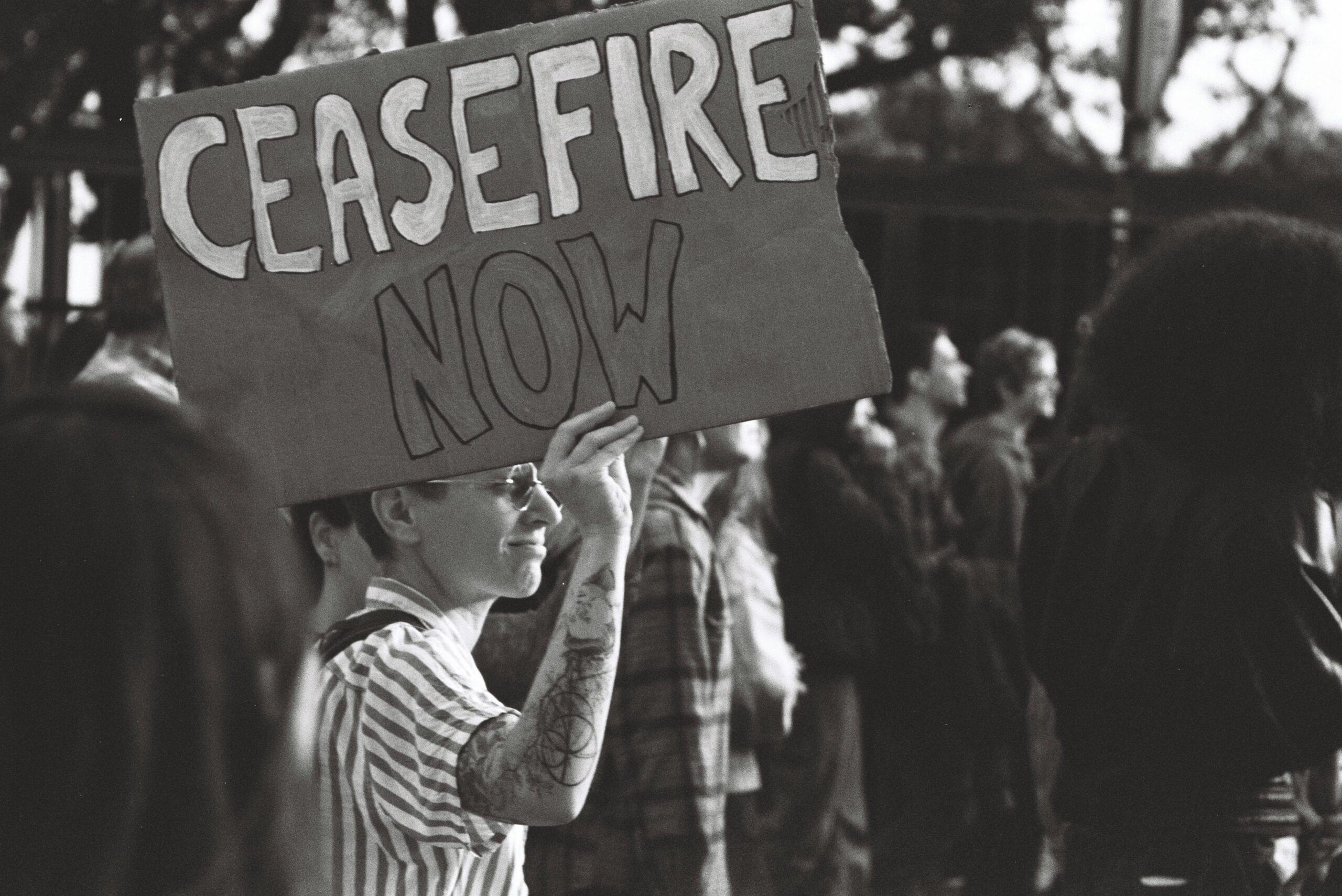Islamic Relief USA (IRUSA) has been providing critical relief and development services to people in need for more than 30 years. It is currently on the ground in Gaza, working with local partners to deliver humanitarian aid as war rages on.
Gaza has suffered for years under the Israeli blockade, but its humanitarian crisis deepened after October 2023, when the Israel-Hamas conflict escalated to a new, vicious level of violence. Through ground and air attacks, Israel has killed more than 40,000 Palestinians, the majority of whom are civilians, and destroyed critical infrastructure, including homes, hospitals, and schools. Entire families have been wiped out, while others flee from camp to camp in a desperate attempt to outrun the bombs.
For months, IRUSA has been calling for a complete ceasefire and an end to the occupation of Palestine by Israel. The international community, in the form of the United Nations (UN), has moved to condemn the war as well, though IRUSA and other NGOs have emphasized the need for action as well as words.
UNSC Resolution 2735
In July 2024, following nearly 250 days of war in Gaza, the United Nations Security Council (UNSC) adopted Resolution 2735, which included plans for a three-phase ceasefire deal to end the senseless killing of innocent people in Palestine and Israel. IRUSA issued a subsequent statement supporting the resolution.
“We welcome the UN Security Council’s call for an immediate ceasefire, but the real test will now be its implementation. UN member states must use all their leverage to ensure these words quickly become reality on the ground,” IRUSA noted in its statement. “Every second counts and many more lives are at stake. Over the past few days, hundreds more Palestinian civilians have been massacred and starvation is rising as Israel continues to block humanitarian aid.”
The nonprofit humanitarian organization further stressed the importance of bringing an end to Israel’s occupation of Palestine to ensure the safety of all Palestinians and Israelis. It also joined the UNSC in calling for the safe release of all prisoners and hostages.
The UNSC’s Three-Phase Ceasefire Deal
Fourteen of the 15 UNSC member states approved Resolution 2735, with only the Russian Federation abstaining from the vote. The first phase of the comprehensive peace proposal calls for the following actions: a complete ceasefire between Israel and Hamas, the release of hostages and the return of the bodies of hostages who have been killed, the return of Palestinian civilians and the exchange of Palestinian prisoners, withdrawal of Israeli forces from Gaza, and greater access for at-scale humanitarian assistance in Gaza.
The second phase of the proposal calls for a “permanent end to hostilities,” the release of all hostages, and a complete withdrawal of all Israeli forces in Gaza. The third phase would involve a multi-year reconstruction plan for the region without any territorial or demographic changes in the Gaza Strip.
September 2024 UN General Assembly Resolution
On September 18, the UN General Assembly approved a resolution that demands Israel end its “unlawful presence” in Gaza and the West Bank within one year. The vote was overwhelmingly in favor of the resolution: in the 193-member assembly, the vote came to 124-14, with 43 representatives abstaining. Among those member-nations abstaining was the United States, a deeply disappointing yet unsurprising move.
In addition to requiring both Israeli military forces and settlers to leave occupied Palestine, the resolution calls for sanctions on countries supporting Israel, an end to weapons exports to Israel, and reparations from Israel to Palestine. The resolution was drafted by Palestine, and while it is not legally binding, it sends a strong message that the international community supports Palestinian self-determination and condemns Israel’s actions.
After the September 18 vote, IRUSA issued a statement that it was pleased with the resolution—especially the fact that it passed with a very large majority—but emphasized that “it will hold little value without positive action.”
“One of Islamic Relief USA’s values is social justice, and Palestinians’ fundamental human rights and dignity must be valued,” the statement said.
IRUSA’s Commitment to Palestine
The situation in the Gaza Strip is dire, not only in terms of casualties, but in regard to infrastructure and humanitarian aid. The death toll, which was more than 41,000, according to Gaza’s Ministry of Health in June, could eventually exceed 186,000 as per a study in the peer-reviewed medical journal The Lancet. Thousands of Palestinians are also injured or missing.
In addition, more than half of Palestine’s infrastructure has been destroyed and only 10 of its 36 hospitals were “partially functional,” according to the World Health Organization. Polio has also reemerged and children, with high rates of stress and malnutrition, are most vulnerable. UN officials are also concerned about a potential famine—many areas are experiencing catastrophic levels of hunger.
Despite Israel’s total blockade, IRUSA has been working with local partners to distribute food parcels, hygiene kits, and winter aid to displaced families in Gaza. It had also provided medical supplies to three hospitals, secured access to mobile clinics for more than 23,000 people in shelters, and facilitated psychosocial support for women and children.
Through its humanitarian work in Gaza, IRUSA hopes to show the people of Palestine that they have not been forgotten. Meanwhile, its advocacy continues: IRUSA urges all parties involved in the conflict to uphold international humanitarian law, end the violence against Gaza’s people, and commit to a full ceasefire immediately.
